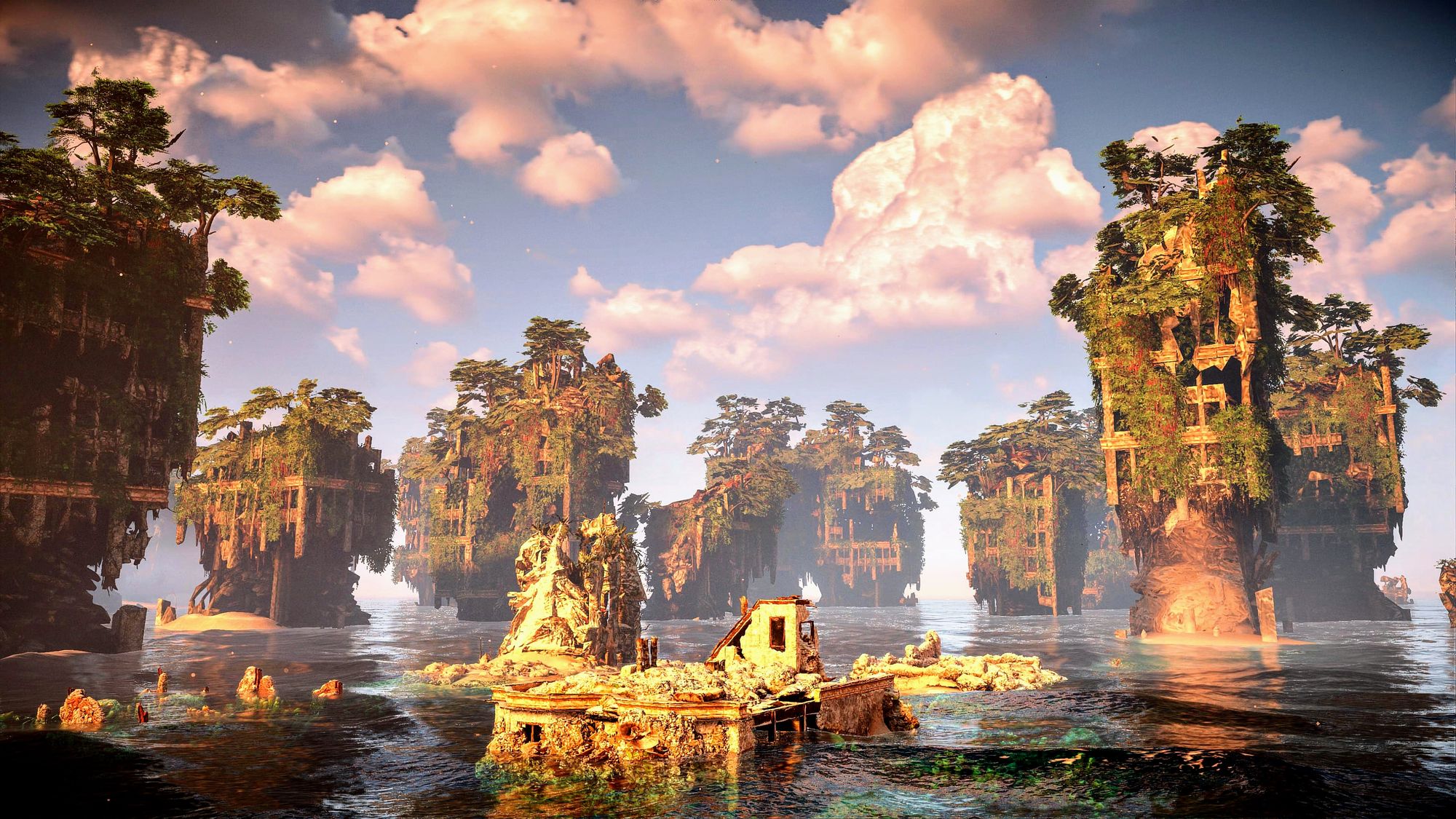The earth has gone through several biodiversity extinction events since the cambrian explosion some 500 million years ago. The living conditions has changed dramatically leading to mass extinction stretching over hundreds of thousands of years. The global temperature has several times oscillated by 20°C. Far more than 3°C increase predicted by current climate models.
Human population has migrated from land to land in response to changes in living condition. Drought, flooding, fire, pestilence and war, or just lack of opportunity. But a lot has happened the last 500 years. The world population has increased by more than 10 times. There are no lands left without claim. Large cities and supply chains has been built over many years with no preparation for changing sea levels or resource depletion.
Throwing away garbage seems fine. Just move the house up the river if it's starting to smell. The global degradation are too slow to cause a real impetus for changing the behaviour. The only thing that works may be unavoidable pain on a global scale.
Horizon Zero Dawn takes place in a version of the future where the humans didn't manage to avoid catastrophic global warming. Rising sea levels, billions of climate refugees, starvation, pollution, species extinction and wars. It all got rapidly worse during the 2020s up to 2040.
2040 was the start of the claw-back. Development of artificial intelligence and robotics made it possible to build robots and other systems to clean up the environment, detoxify the earth and moderate the climate.
The development of this technology was a result of it finally being profitable. But the AI revolution brought new problems, such as mass unemployment and disastrous accidents with nanotech, biotech and robotics.
[[https://www.facebook.com/aigan/posts/10158743105157393]]
[[https://twitter.com/aigan/status/1617191817761509376]]






